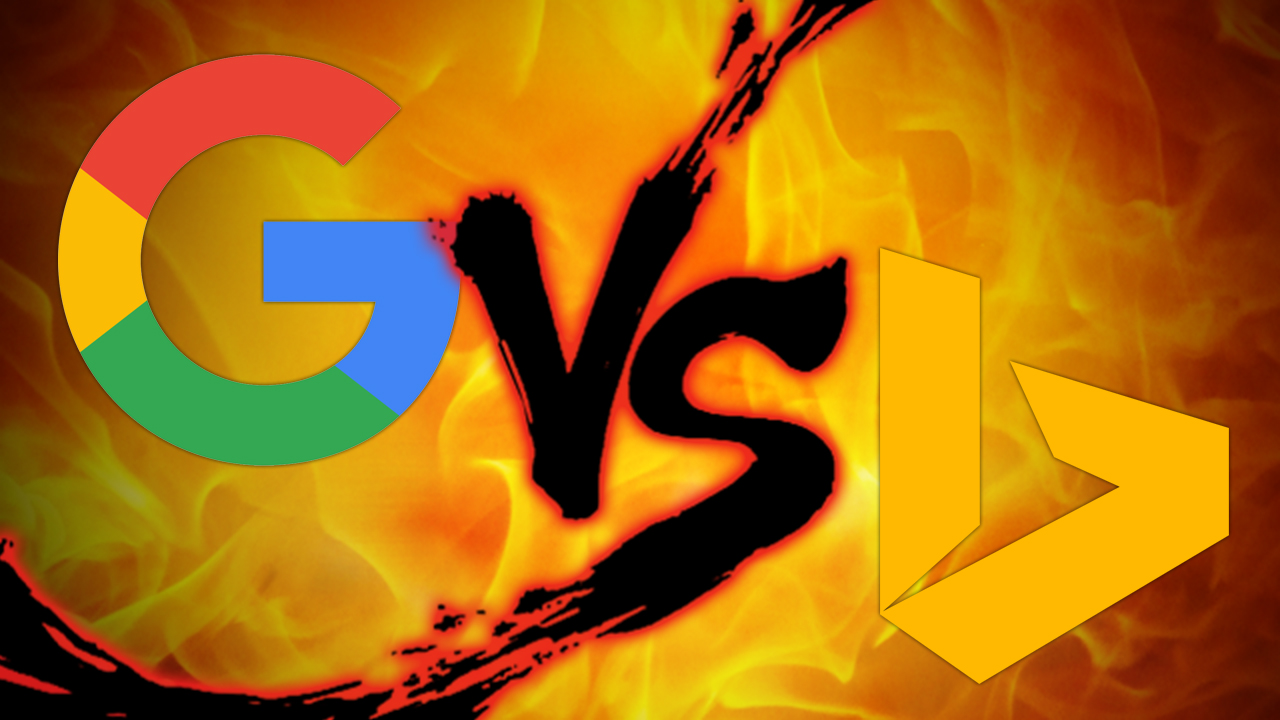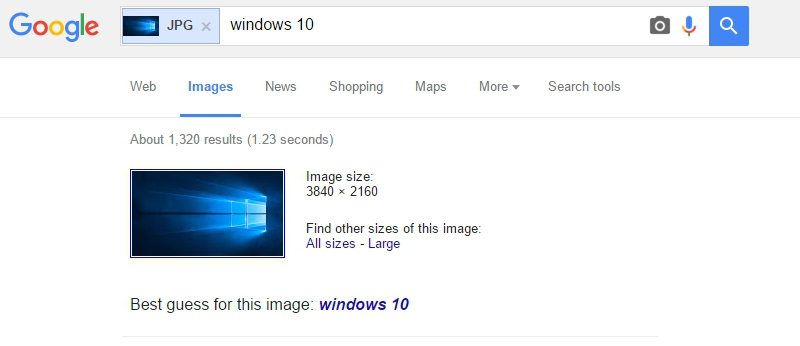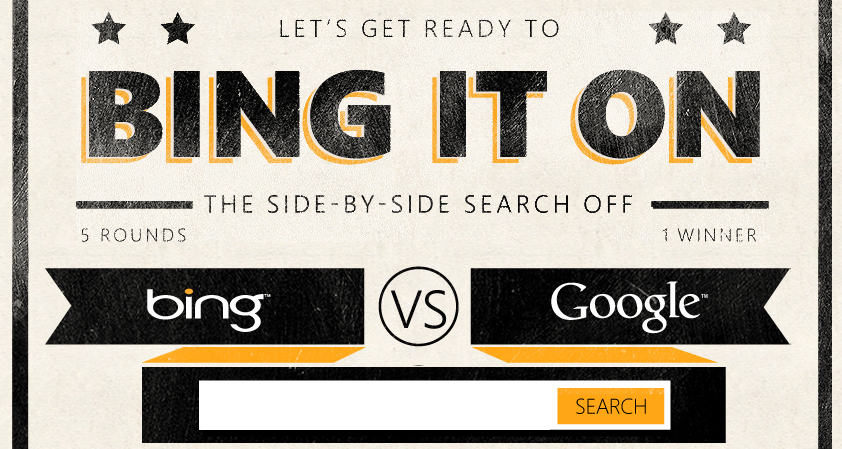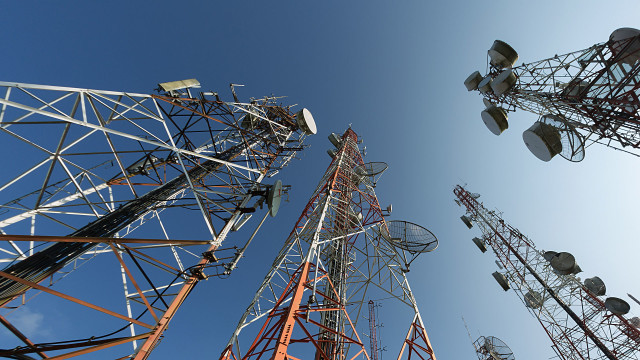Google has been synonymous with search for years, and Bing — poor Bing — quickly became synonymous with sarcasm about why anyone would ever use Bing. Believe it or not, though, the two search engines aren’t as different as the jokes would have you believe.
People often ignore that Bing also does a lot of things just about as well as Google. Is it better? Probably not, but I decided to give the two a real side-by-side comparison to find out how they stacked up.
The Contenders
You’re probably familiar with the two search engines already, but just for a refresher, here’s what we’re talking about:
- Google: By far the most used search engine in the world, Google Search has been around since 1997 and is constantly improving with new smart results, advanced features, and integration with other Google products. As of February of this year, Google currently has 64.5% of the US’s search market share.
- Bing: Bing is the latest name for Microsoft’s search engine, previously called Windows Live Search and MSN Search. Bing brands itself as a “decision engine”, aiming to present results with more real-world context than just finding text on a page. Bing also powers Yahoo’s search, which, coupled with Bing, serves 32.6% of US internet searchers.
Basic Layout and Search Features
Both sites look and feel remarkably similar when it comes to basic search results. Here are the main differences I’ve noticed after poking around in each:
- Bing’s video search is significantly better than Google’s. This is the biggest difference between the two (and why Bing has a bit of a reputation as “the porn search engine”). Instead of giving you a vertical list of videos with small thumbnails, it gives you a grid of large thumbnails that you can click on to play without leaving Bing. For some videos, it will even give you a preview if you hover over.
- Bing gives more autocomplete suggestions than Google does in most cases. Google only gives four, while Bing gives eight. This is particularly useful if you’re using autocomplete to find alternative products or to get wildcard suggestions.
- Google’s shopping suggestions show up more often than Bing’s do, and they’re generally much better. So if you’re trying to find out which stores carry a certain product, or where to find the best price online, Google will be better than Bing.
- Google’s Image Search interface feels a bit smoother when you use it, though Bing has one or two more advanced options like “Layout” (which lets you search for portrait or landscape images). Bing’s image search also lets you remove certain parts of your search term with one click, which is kind of cool (I wish it did this for all searches).
- Bing puts related searches and related image searches to the right of your search results, while google puts them near the bottom. This isn’t really a good or a bad thing; it’s just a difference.
Bing has also adopted many of Google’s “smart searches”, like movie showtimes, unit conversions, local weather, information about famous people, and stuff like that. Most of this stuff is remarkably similar, though Google has a few things that Bing doesn’t, like health info and release dates for movies and video games. If you’re relying on smart searches, go with Google. (One exception: if you’re searching for flights, Bing has a neat feature that predicts whether ticket prices will go up or down.)
Advanced Features and Nerdy Stuff
Surprisingly, the two engines are pretty comparable when it comes to advanced operators. The syntax might be a bit different between each (here’s a list of Google’s advanced operators, and here’s a list of Bing’s), but there’s a lot of overlap. Google has more, though, and is going to be better for advanced searches except for two searches that only Bing can do:
-
contains:, which allows you to search for pages that contain a certain filetype (for example, PDF). On Google, this will only link you to the PDF files themselves, but on Bing, it will give you pages that contain links to PDF files, which can be useful. -
linkfromdomain:, which shows you the best-ranked pages linked to from a certain site (for example, the best sites Lifehacker has linked to on a certain subject). -
feed:, which lets you search for RSS feeds on a particular subject.
Google also has a few extra niceties built-in to its search, like reverse image search (which is incredible), instant search (which shows results as you type), voice search (which lets you search with your microphone), and — of course — integration with Google services like Gmail, Google Now, and Google Contacts. If you use a lot of Google stuff, it’s hard to ever want to pull away from its search.
Though only available in the US, Bing Rewards is also worth a mention: if you sign up for this neat service, you can rack up points for every search you perform on Bing, which you can eventually redeem for gift cards to Amazon, Starbucks, GameStop, or even donate to your favourite charity.
Lastly, and this is a minor quibble, but an interesting one: if you do a site-specific search on Google, it won’t show you any Knowledge Graph information. Bing will.
Quality of Search Results
Now we get to what really matters most: the actual search results. None of the above features really matter if one site doesn’t give you what you’re looking for.
When it comes to basic searches, I found that both engines, even if they displayed different results, generally gave me what I wanted. One search might be a little better on Bing (“raspberry pi“), while another might be better on Google (“avengers age of ultron“), but overall neither produced horrifically bad or largely different results. I was surprised to find that Bing did a better job with some, but only mildly so.
The real differences shined through when searching for something really specific, like technical issues (“project64 mario kart too fast“). If the answer to your question is buried in a large forum or blog somewhere, Google is probably going to do a better job of finding it and organising the results. And the more specific the question, the more Google wins.
The Winner: Google (But By Less Than You’d Think)
I don’t think anyone’s surprised that, objectively, Google is the better search engine. It’s been around longer, it’s by far the most popular, and it’s constantly innovating. I was surprised at how similar the two search engines were in terms of features. Bing even does a few things better, like video. But, while I occasionally preferred Bing’s results to Google for general searches, Google’s ability to dig things out of the darkest corners of the internet is just too valuable. It’s a closer call than I expected, but Google is still the best search engine around.
This article has been updated since its original publication date





































I've been forced to use bing for the last month as I'm living in China and Google is blocked here (unless I use a VPN). While I do miss the intuition and accuracy of Google's searches, Bing does get the job done well enough (and is easier to use than the local search engine Baidu - which is all in Chinese!)
The few times i have used Bing (work computers with locked default search ) the link i am after is often 2-3 pages in, with some really random links on the first page. Google seems to handle targeted searches (3-4 key words) a lot better.
That's interesting because I have never encountered that and I've been using Bing as my primary search engine for six or seven years now. I have never, not even once, been unable to find something on Bing and had Google find it and I can count on the fingers of one hand how many times I have ever had to go to the second page of results to find what I'm after.
With image searches, which we do a lot at work, Bing usually has the best results nearer the top of the page than Google. Sometimes Google does better but not often. (I get to compare results fairly regularly with colleagues whose cognitive biases prevent them from using anything but what everyone else uses.)
can you please change the title of this article from showdown to massacre?
thank you.
Challenging your bias, is it? Have you ever even used Bing or are you simply making unfounded assumptions? You obviously didn't bother to read the article.
we played with bing a lot when it was announced and then again when microsoft edge came out. i found it woeful to use, not showing up the results i required where google would. i found image search less accurate too. for the things i need in a search engine, google is far more helpful then bing.
I have issues with Google image search: too censored for one (which is a huge issue), for another it favours social media far too heavily which means it's very hard to get an original source for any pic.
The problem with this article is that the comparison isn't the same if you are in the US compared to in Australia.
In the US, in the majority of searches the results will be what you are looking for no matter what you are after.
In Australia, and in many other countries, the results are much more likely to support using Google than Bing, especially if you search for things of "local interest."
Why? I use Bing for 99.9% of my searches and it always delivers, whether it's local or international. And on my phone I can use CIty Lens to find local business/attractions/whatever in a far more interactive way than any Google user can.
Don't forget the toy option that Bing has, guessing who will win a game like it does with NFL, Rugby World Cup, Cricket etc. It's a toy but a nice feature
I wonder if the "not by a lot" is from them copying Google again, like they did in 2011: http://www.wired.com/2011/02/bing-copies-google/
But I'm not serious about that, I'd just find it humorous if they were caught doing it again.
Which tracks, monitors and herds us the least?
Bing, by a long way. Google's primary source if income is derived from tracking you, whereas Microsoft seem to be very bad at it.
Bing for quick top level relevant results. Google for complicated crap that I'll find deep within forum posts. Neither of them can really overtake the other for me with this, because it would ruin the current reason I use that search engine.
Last edited August 15, 2016 10:55 am
I love Bing, switched about a year ago from Google and have never looked back!
Google vs bing ? Hilary vs donald ? you all need to visit the quacks ! ; duckduckgo is the place to be 😁
My nephew put me onto Bing six or seven years ago. Back then it was OK but I mostly stuck with it for the Image of the Day, which is just a fantastic way to start your day. Because enabling Cortana on my phone disables Image of the Day, I have not used Cortana at all.
For the last five years or so, though, Bing has been every bit as good as Google for most things and better for some. Sometimes I get lazy at work and just use the default Google but it never does a better job. in fact, 99% of the time I reckon they are pretty much identical. Where Bing pulls ahead for me is in image search - it just seems to put the best results nearer the top than Google (see above for an explanation).
Interestingly, the article mentions the link between Google search and it's range of services but neglects to mention how well Bing integrates with Windows 10 or that Bing powers both Cortana and Siri. i.e. As hard as they might have tried, there is an inevitable bias in the article towards getting the outcome they desire.
For a lot of things Bing works better, not because of better design but because of moronic decisions made by the people managing Google. Google features a level of censorship that is impossible to fully turn off which skews results in weird ways more often than you'd think, it also favours social media FAR too heavily which means you can often get stuck on a wild goose chase looking for the thing you actually want because you either can't find an original source for it (just social media echoes), or it gives you useless crap where people just happened to mention some similar words in forum posts, blogs, twitter, pintrest, or whatever other shit has been produced out there that it magnetises itself too...
Bin is better at avoiding those traps- again, not because it's a better search engine, rather it's because it hasn't been crippled.
Last edited August 17, 2016 1:40 pm
If you want a great demonstration of the difference between the two, search for:
'movie about the bus that can't stop'
in both Google and Bing.
Google's algorithm has a component called 'Rankbrain', which allows it to understand natural language and match your query with pages that don't contain ANY of your keywords. It's how they know that you mean the 1994 movie 'Speed', whereas Bing will give you the 1956 movie 'Bus Stop'.